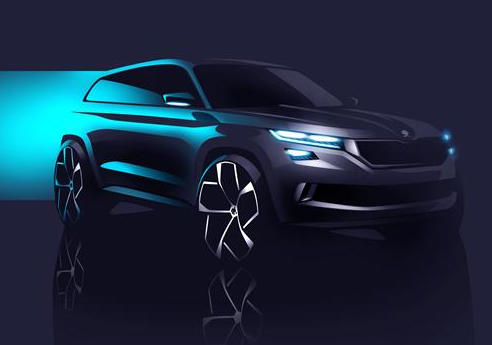Expensive SUVs are riding roughshod over what little progress the UK has made on reducing road transport emissions in the last decade, according to a new report.
Climate charity Possible has found that the rise of sports utility vehicles (SUVs) in the UK means that average CO2 emissions per kilometre (gCO2/km) from new internal combustion engines (ICE) are no longer falling at the national level.
The analysis reveals that greenhouse gas emissions from fossil fuelled cars are in fact rising in urban areas where large SUVs are most popular, such as Kensington and Chelsea.
Expensive SUVs are riding roughshod over what little progress the UK has made on reducing road transport emissions in the last decade, according to a new report.
Climate charity Possible has found that the rise of sports utility vehicles (SUVs) in the UK means that average CO2 emissions per kilometre (gCO2/km) from new internal combustion engines (ICE) are no longer falling at the national level.
The analysis reveals that greenhouse gas emissions from fossil fuelled cars are in fact rising in urban areas where large SUVs are most popular, such as Kensington and Chelsea.
It found that three quarters of new SUVs and two thirds of all large SUVs bought in the UK are registered to urban addresses and that the recent consumer trend towards larger, heavier, more powerful cars such as SUVs means that, on average, an ICE car that was bought new in 2013 is likely to have lower CO2 emissions than a new ICE car bought in 2023.
The charity points to evidence which it said suggests this rise is due in part to industry-wide marketing drives to push sales of more profitable SUVs over smaller, less polluting models.
Analysis of Department for Transport data shows that annual reductions in average CO2 emissions of new cars sold in the UK are now exclusively attributable to the growing market share of electric vehicles (EVs), and EV sales are expected to be the main source of future CO2 reductions.
“Looking at ICE cars alone, the rise of heavy emitting vehicles means that the previous trend of falling emissions thanks to improving fuel efficiency has been arrested and is even reversing in some areas,” it said.
Its analysis also found that the sales price of new ICE cars in the UK correlates closely with its greenhouse gas emissions – the more expensive the car, the higher its climate impact is likely to be.
“This contributes to a wider pattern in which the environmental impact of the driving habits of the richest people, who can afford EVs but choose instead to buy high-emitting SUVs, are substantially more damaging to the climate relative to those on lower incomes,” it said.
Possible said that while it is commonly assumed that carbon emissions from cars owned by lower income families are worse due to the vehicles being older and more polluting, the report found this not to be the case.
The authors’ analysis of National Travel Survey data found the richest fifth of households in England are 81% more likely to own a super-heavy emitting car than households in other income bands.
Possible is calling for an end to advertising of the most polluting SUVs, and for carbon emissions-based parking and road user charging to target the heaviest emitters.
Pricing carbon into car access and parking fees will disproportionately impact the richest motorists – those who can most afford to pay for the pollution cost to society of driving and parking a high-emission vehicle like an SUV.
High income motorists can also most afford to switch to EVs, but these findings show that they need stronger price signals to encourage them to do so. The charity said that new revenues raised from high income owners of the most polluting vehicles could be used to support struggling bus services, which are much more sustainable than private cars, as well as being widely relied on by the lowest income households.
Leo Murray, co-director of climate charity Possible, said: “Thanks to profit hungry car companies, we are now driving in the wrong direction when it comes to carbon emissions from new fossil fuelled cars.
“This trend towards higher income people buying heavy emitting vehicles needs to go into reverse if we want to have any hope of tackling the climate crisis and achieving net zero. In this crucial time, when emissions should be falling faster than ever, expensive SUVs are riding roughshod over what little progress we have made on transport emissions in the last decade.
“Such large and powerful cars bring a host of other problems to our crowded city streets - too big to fit into standard parking spaces and far more likely to kill pedestrians, especially children, in collisions, they also produce more toxic particulates from tyre wear and do far more damage to the road surface than conventional cars. But none of these costs to society are covered by the purchase price or running costs of large SUVs, meaning authorities need to bring in new policies to remedy this.
“Making SUV mega polluters pay more is an effective and equitable method to getting people in cities out of these sociopathic urban tractors and into greener ways of getting around.”
Login to continue reading
Or register with AM-online to keep up to date with the latest UK automotive retail industry news and insight.

















Login to comment
Comments
No comments have been made yet.